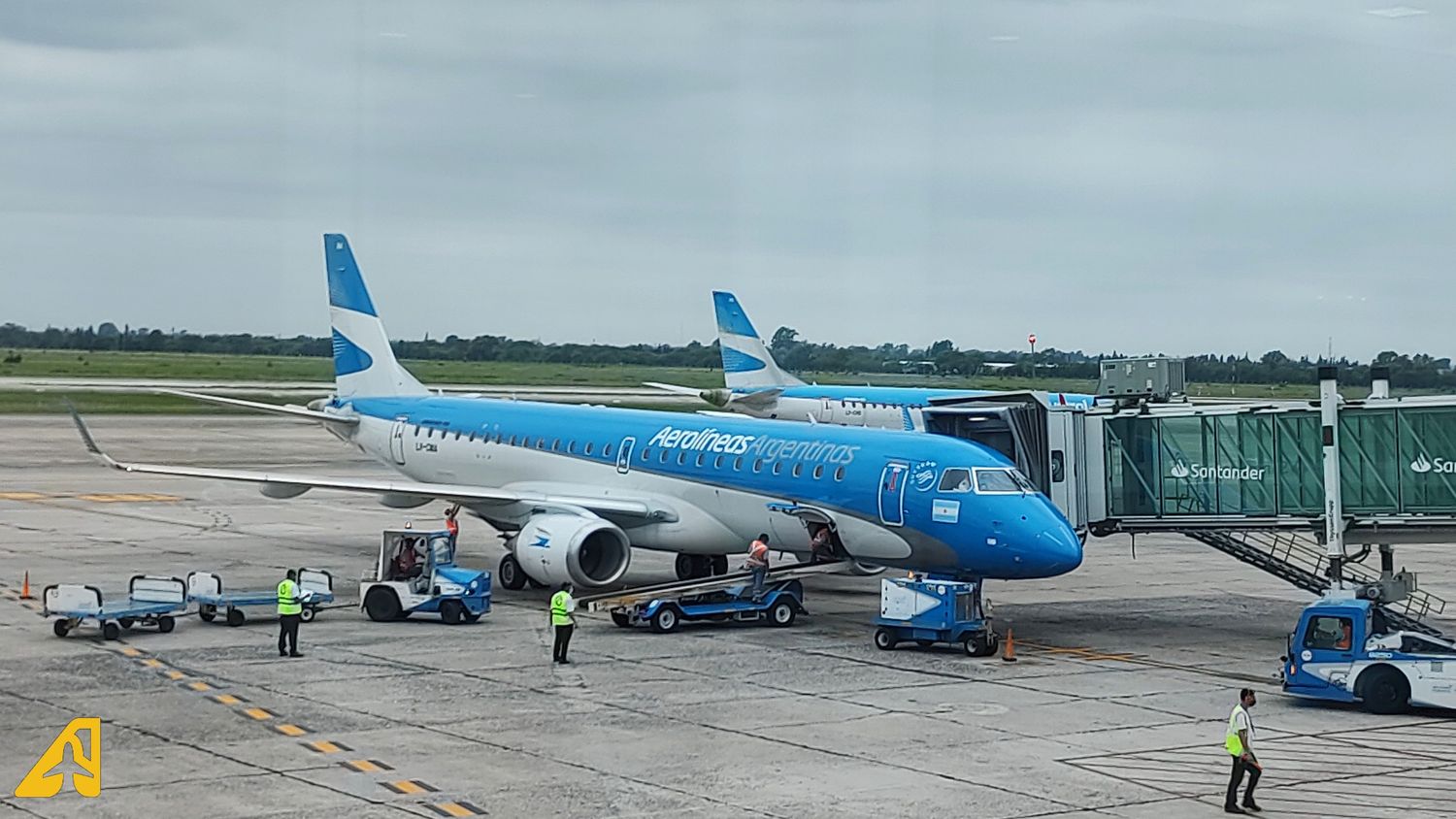Argentine government eliminates exclusivity of Aerolineas Argentinas and Austral in state contracts
Decree 1191/12, signed in July 2012, mandated that all jurisdictions and entities of the National Public Sector use the services of Aerolíneas Argentinas, Austral, and OPTAR – Aerolíneas Argentinas’ Tour Operator- for the air travel of officials, employees, advisors, and third parties whose travel was financed by the State. This measure aimed to ensure a steady stream of revenue for the state-owned airlines during a period of economic difficulties for the national carrier.
However, the new regulation introduced by the current government, in line with Decree 70/23 which declared a public emergency in economic, financial, fiscal, and administrative matters, removes this exclusivity, promoting—according to its considerations—»competition and transparency in public procurement.»
Impact of the Decree on Aerolíneas Argentinas Contracts
The Decree 747/2024 formally repeals Decree 1191/12, allowing state entities to consider offers from other airlines, both domestic and international, for the transportation of their personnel. This means that Aerolíneas Argentinas and Austral will no longer receive automatic priority in public sector contracts.
Additionally, public entities must review and, if necessary, terminate existing contracts that grant undue advantages or preferences that contradict the new regulation, within a maximum period of one year. This measure is part of an effort to deregulate the economy and remove state-imposed barriers that hinder the development of a more competitive market.
The government has instructed the National Procurement Office to adjust the current regulations to facilitate these changes and ensure that state contracts are conducted under principles of fair competition and transparency, with the goal of securing the most favorable offer for the State and, ultimately, for its citizens.


Para comentar, debés estar registradoPor favor, iniciá sesión